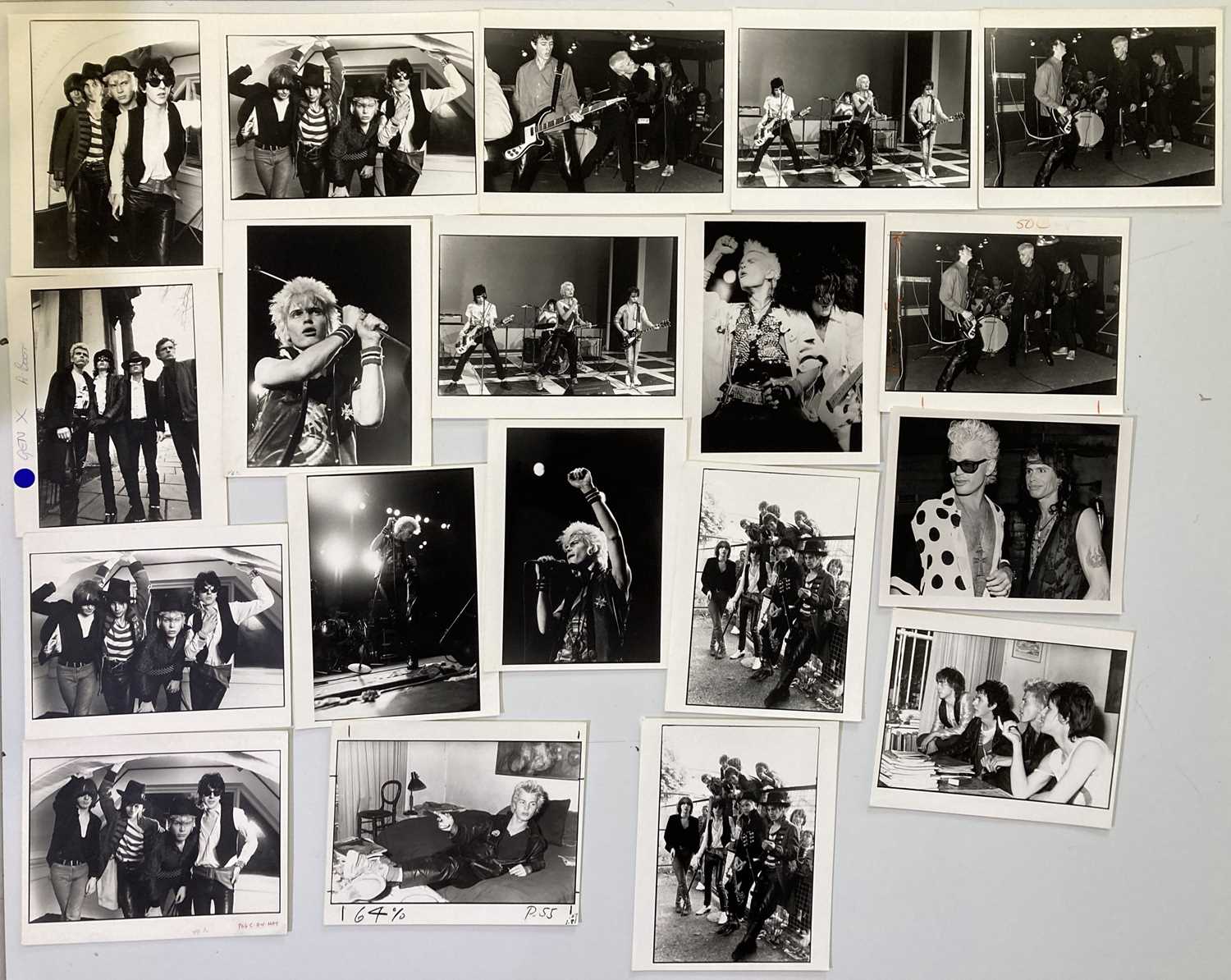
Billy Idol, a name synonymous with the punk-infused rock of the late 1970s and 1980s, has left an indelible mark on the music industry. With a career spanning over four decades, Idol has navigated the ever-changing landscape of rock music, evolving from a rebellious young punk to a seasoned artist with a distinctive voice and style. This article delves into the life and legacy of Billy Idol, exploring his early days, rise to fame, and enduring impact on rock music.
Early Life and Career
Born William Michael Albert Broad on November 30, 1955, in Stanmore, Middlesex, England, Billy Idol's journey into music began at an early age. His early influences ranged from The Beatles to The Stooges, reflecting the eclectic mix that would later define his sound. Idol's entry into the music scene was through the punk band Chelsea, but it was with the formation of Generation X in 1976 that he started to make his mark. Generation X's blend of punk energy and catchy hooks provided the perfect platform for Idol's charismatic stage presence and distinctive vocals.
Rise to Fame
The dissolution of Generation X in 1980 marked the beginning of Billy Idol's solo career, which would catapult him to international stardom. His debut solo album, released in 1982, introduced a more polished sound while retaining the edge that had made Generation X so compelling. However, it was his second album, "Rebel Yell," released in 1983, that truly cemented his status as a rock icon. The album spawned hits like "Eyes Without a Face" and "Flesh for Fantasy," showcasing Idol's ability to craft songs that were both commercially viable and true to his artistic vision.
Hit Singles and Albums
Throughout the 1980s, Billy Idol continued to produce hit after hit, including "To Be a Lover," "Don't Need a Gun," and "Sweet Sixteen." His albums, such as "Whiplash Smile" and "Charmed Life," solidified his position as one of the leading figures of the rock scene. Idol's music not only resonated with fans of punk and rock but also appealed to a broader audience, thanks to his unique blend of style, substance, and a voice that could convey both vulnerability and defiance.
Legacy and Impact
Billy Idol's influence on rock music is multifaceted. He played a significant role in shaping the sound of the 1980s, with his music reflecting the era's mix of glam, punk, and emerging new wave influences. Moreover, his ability to evolve and experiment with his sound has inspired countless artists. Idol's live performances, known for their high energy and theatricality, have set a standard for rock concerts. His legacy extends beyond his music; he is also a cultural icon, symbolizing the rebellion and nonconformity that define the spirit of rock 'n' roll.
Billy Idol's journey from a young punk enthusiast to a rock legend is a testament to his talent, resilience, and adaptability. With a career marked by iconic albums, hit singles, and unforgettable live performances, Idol continues to be celebrated by fans around the world. His influence on contemporary music is evident, with new generations of musicians drawing inspiration from his work. As a true original, Billy Idol remains a vital part of rock music's heritage, ensuring his rebel heart beats on for years to come. Whether through his early days with Generation X or his successful solo career, Billy Idol's name is etched in the annals of rock history, a reminder of the power of music to inspire, to provoke, and to endure.






![Amazon | BILLY IDOL [LP] [12 inch Analog] | BILLY IDOL | ヘヴィーメタル | 音楽](https://images-na.ssl-images-amazon.com/images/I/81%2B8ayNgChL._AC_SL1400_.jpg)

